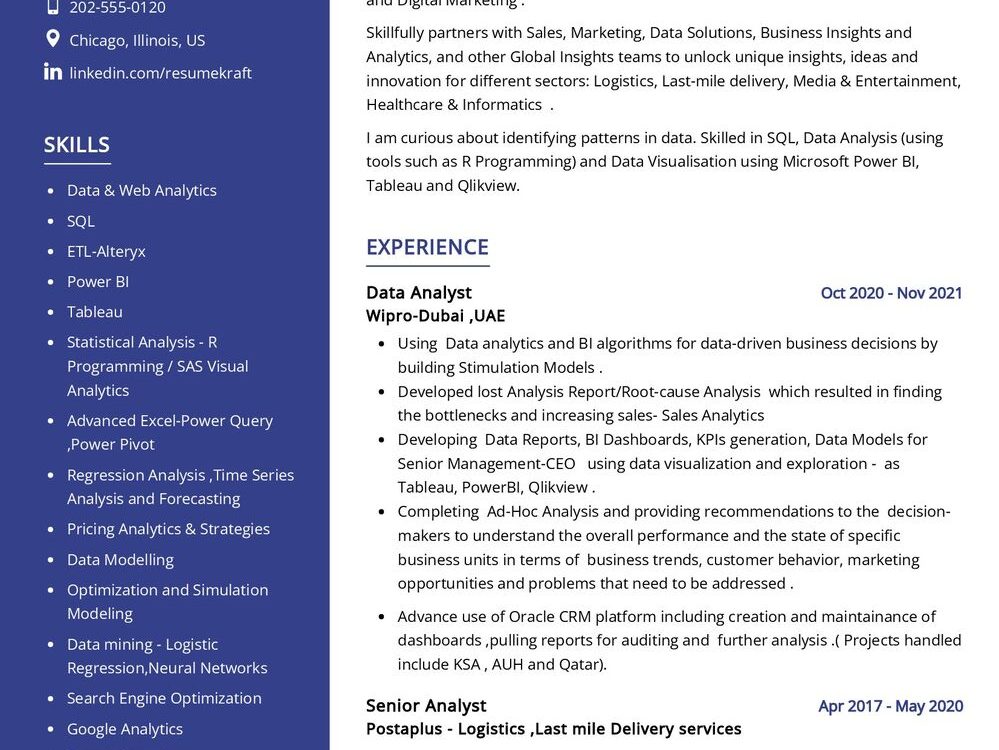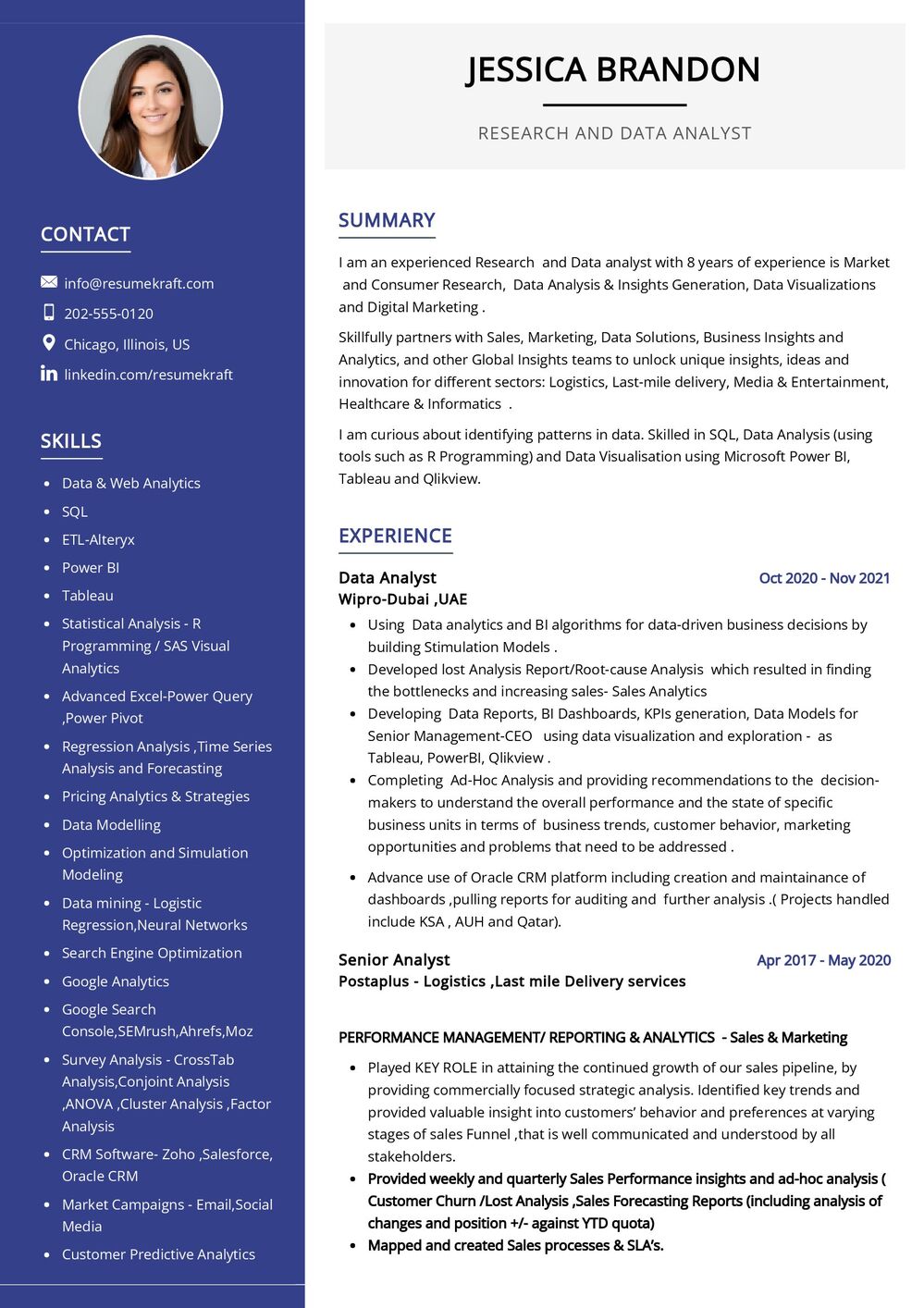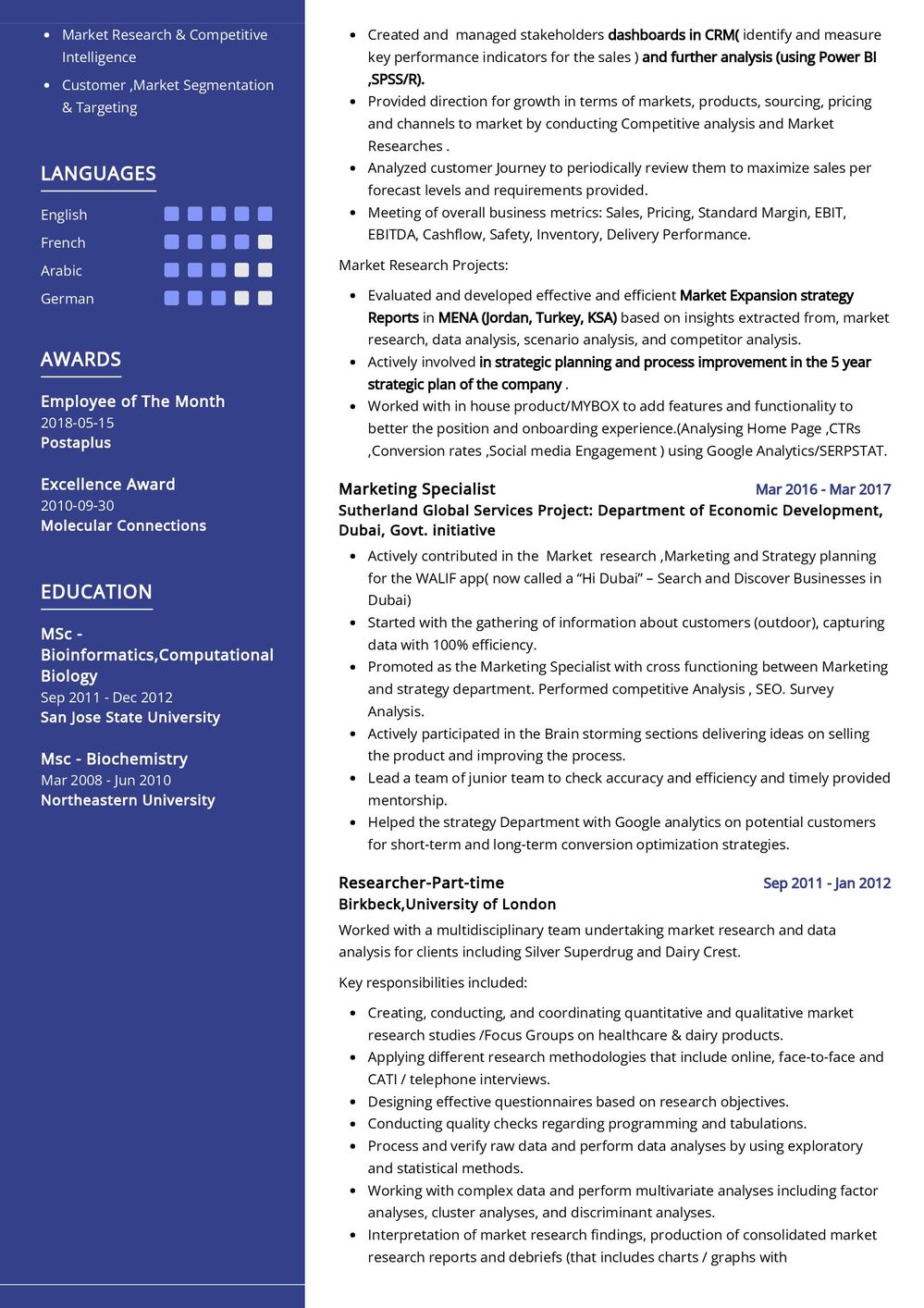Understanding the Role of a Research and Data Analyst
In today’s data-driven world, the role of a Research and Data Analyst has become indispensable in numerous industries. This multifaceted position demands a unique blend of analytical prowess and research acumen, enabling professionals to extract valuable insights from vast sets of data. Let’s delve deeper into the core responsibilities and skills that define the role of a Research and Data Analyst, illuminating the key aspects that contribute to the success of businesses and organizations globally.
Essential Job Requirements for Research and Data Analysts
Becoming a proficient Research and Data Analyst requires a specific skill set and educational background. Here are some of the critical prerequisites that professionals in this field should possess:
- A Bachelor’s or Master’s degree in Statistics, Mathematics, Economics, or a related field, showcasing a strong foundation in quantitative analysis.
- Proficiency in data analysis tools such as Excel, R, or Python, enabling the interpretation of complex data sets with precision.
- Experience in conducting comprehensive research and synthesizing information from various sources to derive meaningful insights and recommendations.
- Familiarity with statistical techniques and methodologies, providing the ability to apply appropriate analytical approaches to solve complex business problems.
- Excellent communication skills, including the ability to present complex data findings in a clear and concise manner to diverse audiences.
- Attention to detail and the ability to work with large data sets while maintaining accuracy and data integrity.
Securing additional certifications in data analysis and research methodologies can enhance one’s profile and credibility in the competitive job market.
Primary Responsibilities of Research and Data Analysts
The role of a Research and Data Analyst involves handling a diverse range of responsibilities, each contributing to the understanding and utilization of data for strategic decision-making. Let’s explore the key responsibilities that define this role:
- Collecting, organizing, and interpreting data from various sources to identify trends and patterns that inform business strategies.
- Conducting thorough market research and competitive analysis to identify potential opportunities and threats in the industry.
- Preparing comprehensive reports and presentations that communicate complex data findings to stakeholders, enabling informed decision-making processes.
- Collaborating with cross-functional teams to understand their data needs and provide analytical support for key projects and initiatives.
- Developing and implementing data collection systems and strategies that ensure the efficient and accurate gathering of relevant information.
- Staying updated with the latest data analysis tools and techniques, continuously refining analytical processes to improve efficiency and accuracy.
Each responsibility serves as a crucial piece of the puzzle, contributing to the overall success and growth of the organization.
Writing an Impactful CV for a Research and Data Analyst Position
When crafting your CV for a Research and Data Analyst role, it’s essential to highlight your analytical skills and research expertise. Here are some tips to ensure your CV stands out from the crowd:
- Showcase your experience in handling complex data sets and providing actionable insights to drive business decisions.
- Highlight specific projects where your analytical skills led to significant improvements or cost savings for the organization.
- Use data-driven metrics to quantify your achievements and demonstrate the impact of your work on the company’s success.
- Include any relevant certifications or training courses that showcase your proficiency in data analysis and research methodologies.
- Customize your CV to align with the specific requirements and responsibilities mentioned in the job description, emphasizing your suitability for the role.
Each tip is a valuable addition that can help your CV effectively communicate your skills and expertise in the field of research and data analysis.
Key Skills for a Successful Research and Data Analyst Career
A successful Research and Data Analyst possesses a diverse skill set that combines analytical capabilities with effective communication and critical thinking. Here are some essential skills for excelling in this field:
Soft Skills:
- Analytical thinking, the ability to dissect complex data sets and derive meaningful insights.
- Effective communication, the skill to convey technical information in a clear and understandable manner.
- Attention to detail, the capability to identify patterns and anomalies within large data sets.
- Critical thinking, the aptitude to assess and evaluate information to make informed decisions.
- Time management, the ability to prioritize tasks and manage deadlines effectively.
Hard Skills:
- Proficiency in data visualization tools, such as Tableau or Power BI, to create informative and engaging data representations.
- Expertise in statistical analysis software like SPSS or SAS, enabling the application of advanced statistical techniques.
- Experience with database management systems, facilitating the efficient storage and retrieval of large data sets.
- Knowledge of programming languages such as SQL or Java, providing the ability to manipulate and analyze complex data sets.
- Understanding of research methodologies and best practices, enabling the design and execution of effective research studies.
Each skill contributes to the development of a well-rounded and successful career as a Research and Data Analyst.
Avoid These Common Mistakes in Your Research and Data Analyst CV
When creating your CV for a Research and Data Analyst position, it is crucial to avoid common pitfalls that can diminish your chances of landing your dream job. Here are some mistakes to steer clear of:
- Using generic language that fails to highlight your unique skills and experiences in the field of data analysis and research.
- Neglecting to include specific examples or case studies that demonstrate your ability to derive actionable insights from complex data sets.
- Overlooking the importance of tailoring your CV to the specific requirements and keywords mentioned in the job description.
- Failing to proofread your CV, leading to errors that can undermine your professionalism and attention to detail.
- Exaggerating your skills or experiences, which can be easily detected during the interview process.
Avoiding these mistakes can significantly enhance the impact of your CV and improve your prospects in the competitive job market.
Key Takeaways for Your Research and Data Analyst CV
As you prepare your CV for a Research and Data Analyst position, remember these key points to effectively showcase your skills and expertise:
- Emphasize your analytical capabilities, demonstrating your proficiency in interpreting complex data sets.
- Showcase your communication skills, highlighting your ability to convey technical information to diverse audiences.
- Include specific examples of successful projects or research studies, showcasing your impact on business strategies and decision-making processes.
- Update your CV regularly to reflect any new skills, certifications, or experiences that enhance your credibility as a Research and Data Analyst.
Finally, feel free to utilize resources like AI Resume Builder, Resume Design, Resume Samples, Resume Examples, Resume Skills, Resume Help, Resume Synonyms, and Job Responsibilities to create a standout CV and prepare for the Research and Data Analyst job interview.



